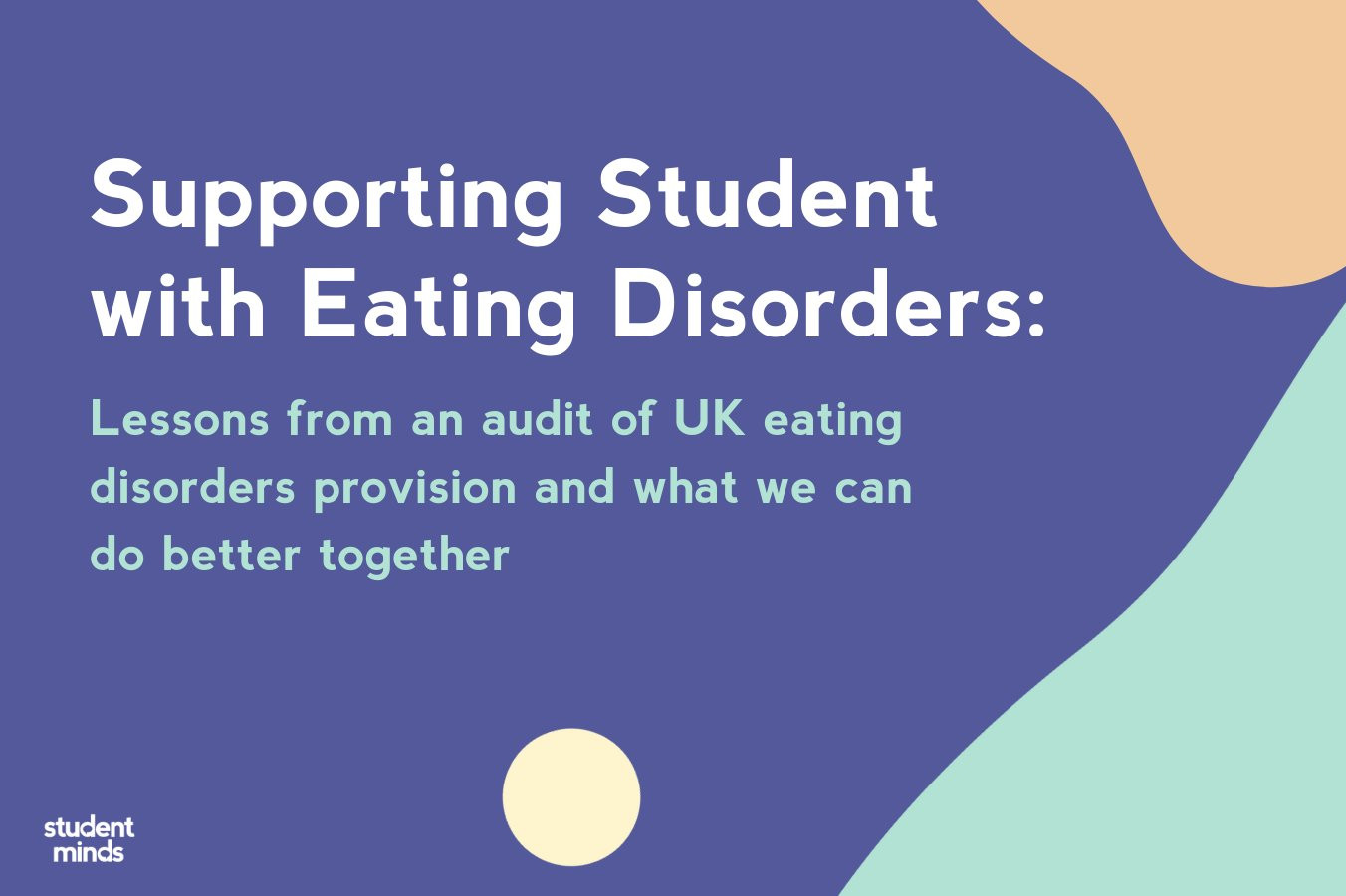Supporting Students with Eating Disorders
Supporting Students with Eating Disorders
We’re proud to have supported Student Minds on a groundbreaking research project to understand the provision of support for students with eating disorders across the UK, with the aim to make national recommendations on what we can be doing better to support student wellbeing.
Eating disorders huge impact on a young person’s life, and for those who are impacted, it can involve a range of emotional and psychological challenges. While an eating disorder can have a severe impact on a student’s quality of life, with the right help students can and do recover from eating disorders. We’ve met hundreds of incredible students that have done just that.
Nationally, it is thought there may be gaps in specialist support for students experiencing eating disorders and reports of students being turned away from help due to increasingly limiting ‘thresholds’ for statutory NHS services. However there was not a comprehensive national view of what this looks like and we needed to undertake research and speak with students and professionals to truly understand the picture.
Which is why Student Minds, in partnership with King’s College London (KCL) and a wider coalition of additional academic and charity partners, decided to work together on new research which explores the experiences of students with eating disorders with recommendations as to what we can do together to improve their wellbeing.
Student Minds, the UK’s student mental health charity, have shared the findings in a new informative report: ‘Supporting Students with Eating Disorders‘.
The report interweaves findings from an audit into the lived experiences of students accessing eating disorders support, with testimony from a panel of subject experts and the existing evidence base. It is now available to read on their website, where you can find out more about the challenges facing students with eating disorders at university, and importantly what we can do to help them. The report also discusses the role of health inequalities in this context and how the Covid-19 pandemic may impact these students.



